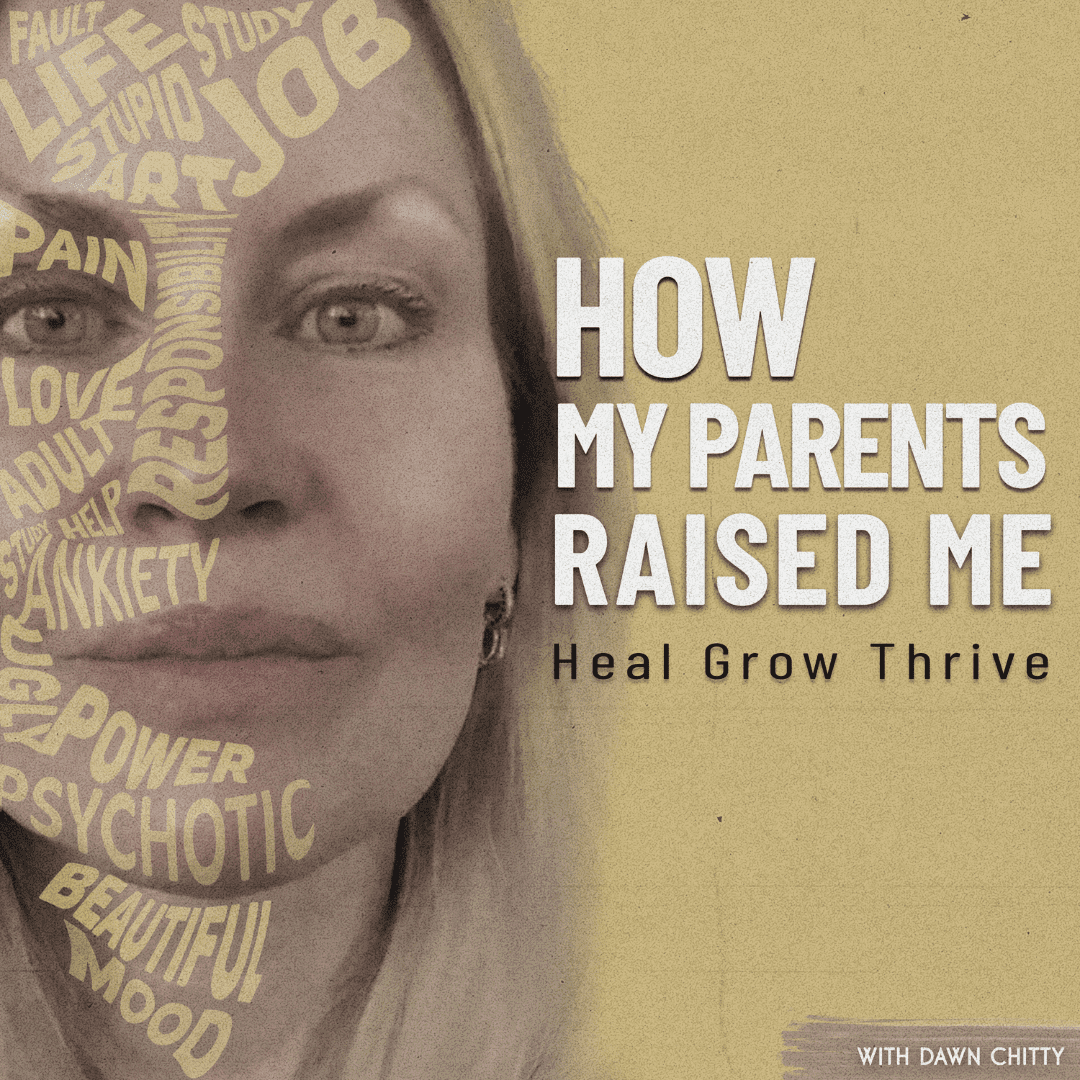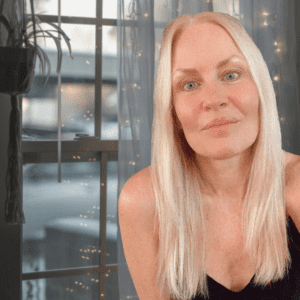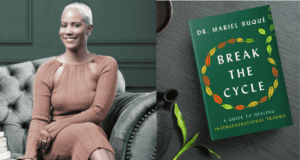Guest Blogger Tracy Burger knows how harsh your inner critic can be. As a child who suffered from emotional neglect, Tracy struggled with depression for years. Tracy generously shares her insights into how you can silence your inner critic.
As a casualty of childhood emotional neglect, I lived most of my life with its associated symptoms:
Emotional numbness
Questioning life’s meaning
Thinking I didn’t need anyone else
Disconnection
Depression
My mind kept trying to protect me from the hurt and shame I experienced while growing up. The lonely emptiness of dispassionate parental relationships, and lack of nurturing that all children need and crave in order to thrive left me with a harsh inner critic.
As a teenager and young adult, whenever I had any kind of emotion—happy, sad, ecstatic, gloomy—my inner sergeant, that inner critic, quickly came online, herding, quieting, suppressing those feelings in a misguided effort to shield my fragile ego from further bruising.
But it backfired. I ended up closed, scared, shutdown and clinically depressed.
HOW I HEALED DEPRESSION: 5 INCREDIBLE TIPS TO PROFOUNDLY SUPPORT YOUR HEALING
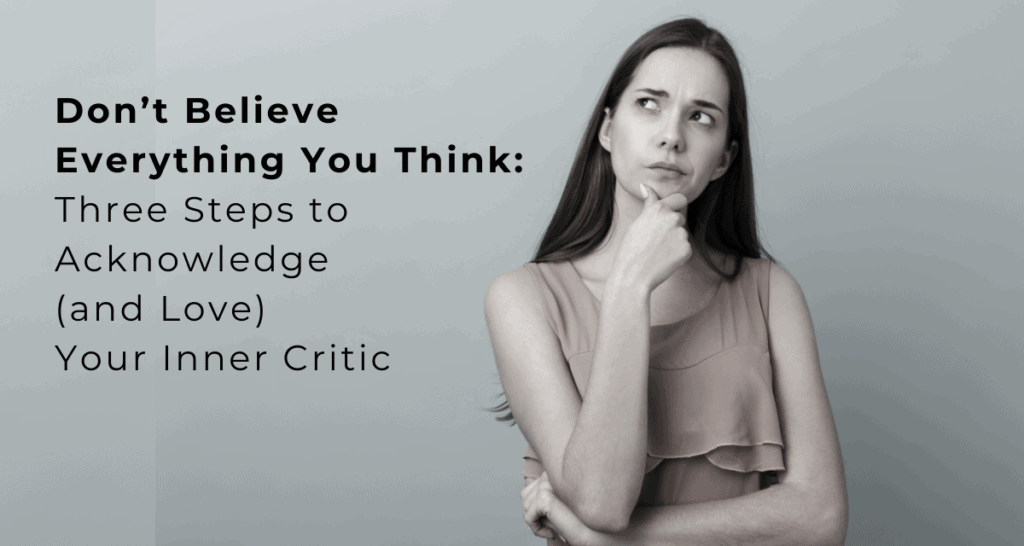
There’s so much to share here about how I was able to heal and get my head above water again, but it started with being aware of my depression as separate from me and as just one part of me.
Our thoughts and feelings are deeply intertwined, kind of like the chicken and egg question: Which comes first? A thought or a feeling? It’s difficult to control a feeling but we have so much more power over our thoughts.
In the midst of my depression, I read and studied about it. I decided, if I was one of the chosen to carry this affliction, I was going to know all about it. What I found was my thoughts were distorted and dictating how I felt. And the biggest “aha”? Most of our thoughts are not true and they don’t come from our authentic self. That’s your inner critic.
Our thoughts are contrived by our egos to protect us from perceived harm. The ego interprets what’s going on in ways that don’t reflect truth. It’s an over-zealous security guard that will say anything to ensure past painful experiences don’t happen again.
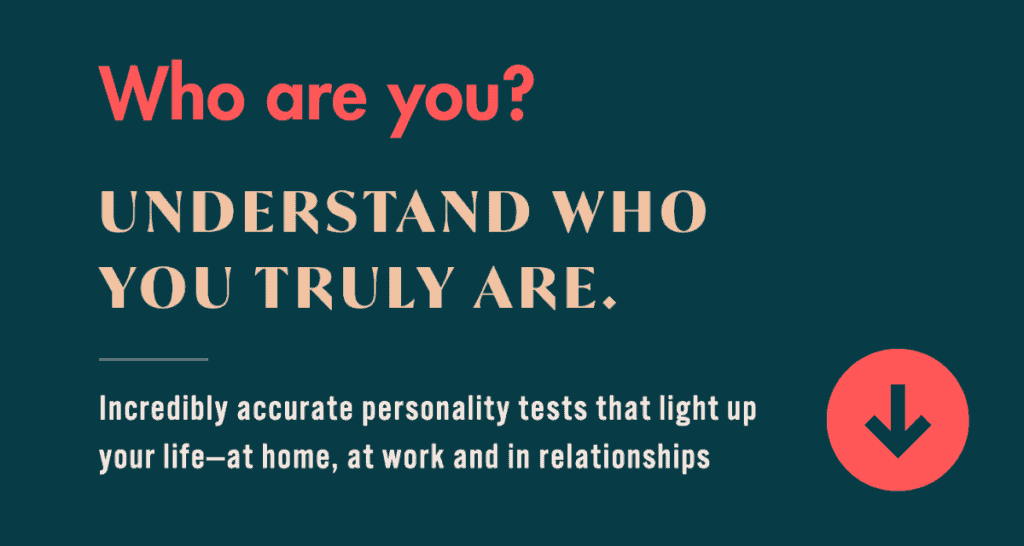
Our mind sometimes creates illusions and twists and distorts our view of the world. It likes certainty and while trying to keep us safe, it takes a defensive stance and guesses at the meaning of situations, events, what people say–just about everything– to make sense of the world. To make things “fit” into a certain picture we have (or want to have) of it. It is a story-making machine. Many times, it does this so that we do not have to deal with difficult emotions we are having.
Today I’ve learned how to manage my over-active, protective ego and prevent a tailspin into depression. You can too.
3 Steps to Love Your Inner Critic
1. Love Your Inner Critic – Awareness
Firstly, I had to start acknowledging and noticing my feelings. I had to start from scratch and ask myself several times a day, “What am I feeling in this moment?” At first it was a hard dig—many times I would say, “I’m not feeling anything,” until I poked a little further and found it. It was easier to notice when my guard went up or I started falling inward with negativity. Try it. Notice when you start feeling bad, angry, envious, depressed.
Is anger and pride surfacing after a new co-worker trashes a project you’ve worked years to accomplish? Notice the feelings you are feeling. Notice that you are noticing them. Just notice, don’t act. Are you taking it personally, blaming yourself, that a beloved family member declines to attend an event you are hosting?
Notice the feelings you are feeling. Notice that you are noticing them. Just notice, don’t act. The ability to step back from our feelings and emotions in every situation is a huge step to allowing our true selves to enter the picture, to start acting in our integrity and separate ourselves from the emotions. Although a part of us, we are so much more than our thoughts and emotions. You are not your inner critic.
8 WAYS A CONTROLLING CHILDHOOD LEADS TO TRAUMA

2. Love Your Inner Critic – Acceptance
Although we may not like negative thoughts and feelings, they are ours. They come up because of how we were raised, the trauma we’ve suffered. Everything that ever happened to you brought you to the place you are now. Resisting the feelings coming up only makes them dig in and become more difficult for us to move past.
When I was able to “see” my depression, become aware of it, and move it ever-so-slightly outside myself, I saw it as part of me. A part I didn’t necessarily like or want as part of me, but as mine. How could I reject myself, even the most dismal part of me?
Rather than fighting with it, trying to ignore it, make it go away, I became curious about it. I found compassion for that part of me, and we cried together. How can you fully accept and stop resisting the worst part of yourself, every emotion that overcomes you?

3. Love Your Inner Critic – Love
Once I accepted my depression as part of me, as a product of my life so far, I was able to fully embrace it, giving it a name, and actually befriending it. Sound strange? I was at a point where I had struggled so long, turning my back, denying its existence, that there was no other choice but to turn toward it and open my arms to it.
It might sound a bit peculiar to “embrace,” “befriend,” “love” a part of yourself. But we are made up of many different parts. I am not just depression as surely as I’m not just a mother or a wife. There’s a part of me that reveres nature, but I am not just revelry. How could I embrace that revelry but reject my depression?
Life has ups and downs, and although we humans seem to only want the good times as we strive for happiness, we have to accept and embrace the bad times just as deliberately. That, to me, is love, and how we can love ourselves fully.
If there was a fourth step here, it would be to share this process with another person—a coach, therapist, trusted friend—or by writing it down. Get it out of your mind. (Remember how tricky your ego mind can be in distorting thoughts?) Getting it out helps you process the experience and keeps you honest in understanding what’s going on.
The first time I fully embraced, turned to and loved my depression, it was almost like magic that the depression subsided. Like someone flipped a light switch. Hard to believe, I know, but that is my truth and why I share it here.
I can’t say that depression doesn’t show her face anymore, but when she does, I put my arms around her, give her a hug and we walk down the street together.
How are your thoughts, how if your inner critic, making sense of events around you and disturbing feelings you have inside? How is your mind distorting events just to make you feel better, align with an expectation you have, or help you navigate change?
The next time you find yourself spiralling into a funky attitude or outright depression, notice it, accept it as part of yourself trying to heal, and embrace it. Love it.
I’d love to know how it goes.
Listen to my podcast episode with Tracy Burger EPISODE 126: CHILDHOOD EMOTIONAL NEGLECT

Tracy is a certified coach and trained facilitator with a passion for deepening human relationships through better conversations, including the one going on inside our head. She knows what it’s like to be put in a box, misunderstood and othered, and it is her passion to help people see past their own blind spots and not let that perpetuate in their own lives. Tracy helps open doors to new ways of thinking for people stuck in their current reality, guiding them toward self-acceptance and possibilities for change. You can find Tracy HERE
